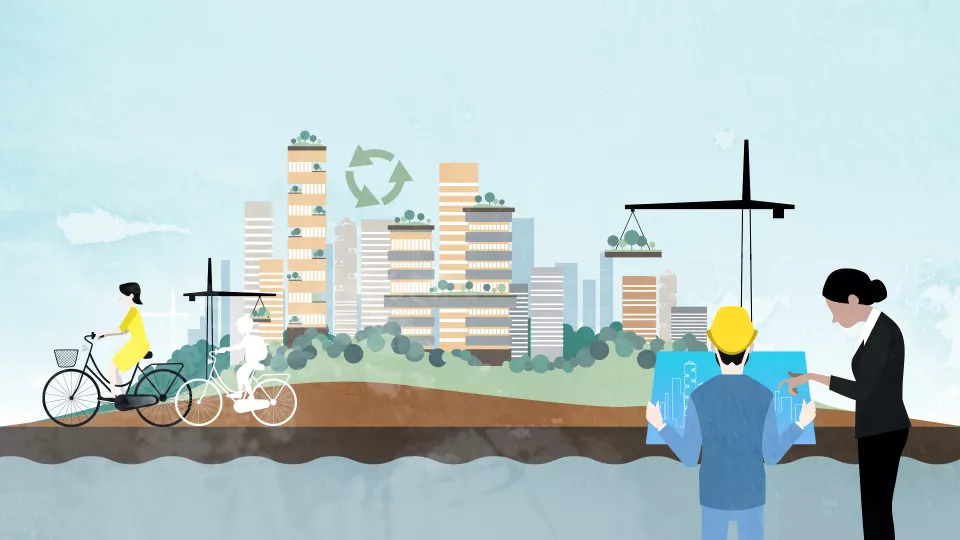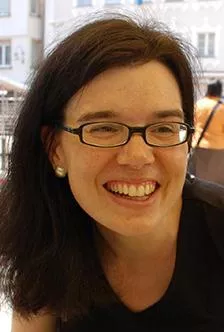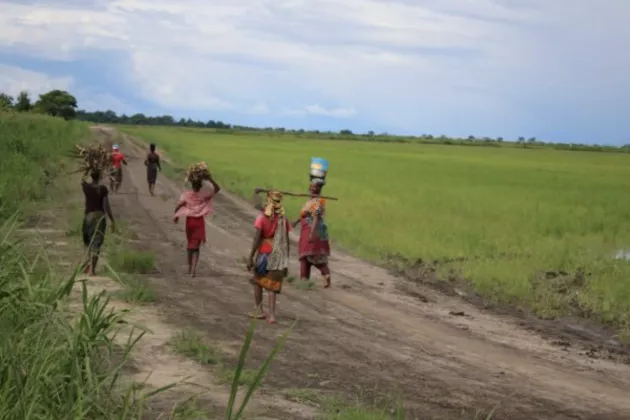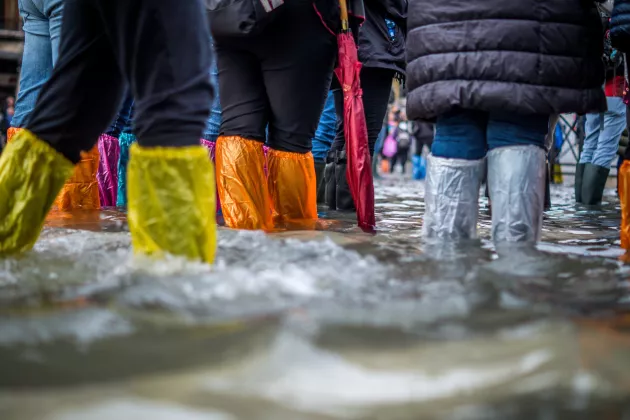Climate change adaptation needs to be integrated in all sectors such as planning, infrastructure, agriculture and education and also requires a profound societal transformation.
Examples of climate change adaptation includes measures and strategies at local, societal, organizational and policy level. Measures at the local level include efforts to create more green spaces in cities, building defenses to protect against sea level rise, and improving the quality of roads to withstand hotter temperatures. Adaptation also need to be integrated in all sector policies and structures, and it requires shifts in behavior and mindsets to increase people’s pro-social and pro-environmental behavior, support others in their adaptation efforts and enable a paradigm shift towards sustainability. Adaptation also involves education and capacity development for policy-makers, civil servants and citizens to improve decision-making, risk perception, communication and new forms of collaboration for resilience building.
In this article you can read about some of her projects, collaborations and key impacts from Christine Wamslers research.
Impact on Municipal Adaptation Planning and Governance
Research Project: City-to-City Learning Lab
This project has supported city-to-city learning to foster so-called nature- or ecosystem-based planning, climate adaptation and associated governance. A city-to-city learning lab was created that allowed the participating municipalities (Malmö, Lomma, Kristianstad, Eslöv, Höganås) to work in close cooperation with researchers from LUCSUS and other academic institutions to analyze, compare and learn from the integration of nature- or ecosystem-based approaches in their daily planning practice, and to assess stakeholder involvement and governance mechanisms.
News article: Targeted strategies for overcoming barriers to nature-based solutions and climate action
Key impacts: the project has helped to improve the work of the participating municipalities and other cities worldwide, through the use of the project outcomes, (e.g. in the context of a Massive Open Online Course on nature-based solutions in an urban world).
Watch a video about the project on Youtube.com.
Research Project: Sustainable Urban Transformation for Climate Change Adaptation
LUCSUS researchers Christine Wamsler and Ebba Brink have examined how cities and citizens contribute to climate change adaptation, how they cooperate, and what this means for achieving sustainable climate change adaptation. The project has generated vast knowledge on the role and potential of a (more) distributed risk governance system, where institutional and people’s local capacities and strategies for climate change adaptation can better support and complement each other. Apart from scientific outcomes, the project resulted in different workshops for municipal staff as well as operational guidelines for decision-makers and citizens.
News article: Swedish citizens need more support to handle the effects of climate change
Key impacts: capacity development, understanding and awareness and policy integration.
Read more about climate change adaptation for the Swedish context (in Swedish)
Research Project: Urban Ecosystem-based Adaptation to Climate Change
LUCSUS researchers Christine Wamsler and Ebba Brink have studied how ecosystem-based adaptation can be best incorporated into urban planning for climate change adaptation. The project was a collaboration between LUCSUS and the municipalities of Kristianstad, Malmö, Lomma, Helsingborg, Trelleborg, Simrishamn and Båstad, Scania’s Association of Local Authorities, the Universities of Kristianstad, Malmö, Lund and SLU.
Key impacts: capacity development, understanding and awareness and policy integration.
News article: Structuring collaboration between municipalities and academics: testing a model for transdisciplinary sustainability projects
Contribution to Municipal Policies and Action Plans
During 2015-18, LUCSUS researcher Christine Wamsler supported the development of climate change adaptation strategies in different municipalities, such as the municipalities of Lomma (Sweden) and Munich (Germany). In addition, guidelines were developed to help other municipalities in such endeavors.
Christine Wamsler is also part of the expert advisory board of the climate change adaptation network of Gothenburg region (including 13 municipalities). The network consists of the municipalities’ representatives responsible for climate change adaptation. The expert advisory board supports their work through regular exchange and practice-orientated input.
Key impacts: capacity development, understanding and awareness and policy integration.
Impact on National Risk Reduction, Climate Adaptation and Governance
Contribution to National Strategies for Disaster Risk Reduction and Resilience
The Swedish Civil Contingency Agency (MSB) commissioned LUCSUS researcher Christine Wamsler, to support the Swedish government in their efforts to implement the global goal E of the Sendai Framework for Disaster Risk reduction global goal, which is aimed at developing and implementing national and local strategies for disaster risk reduction and resilience. In cooperation with the Department of Risk Management and Societal Safety at Lund University, the potential relevance of developing a Swedish national strategy was assessed, and specific recommendations for related decision-making processes and implementation were provided and discussed with different authorities at national, regional and local level.
Report: Developing a national strategy for disaster risk reduction and resilience in Sweden
Key impact: capacity development, understanding and awareness and policy integration.
Impact on International Climate Adaptation and Governance
The Naturvation Project
The NATure-based URban innoVATION project is funded by the European Commission, involves 14 institutions across Europe, and closely collaborates with 6 cities (Malmö, Newcastle, Utrecht, Leipzig, Barcelona, Györ). Within the project, Christine Wamsler acts as the knowledge broker to facilitate relationships with, among, and between the researchers and the users of knowledge (e.g. municipal staff, policy- and decision-makers) with the aim to support and enable nature-based solutions for climate change adaptation and other urban challenges. A knowledge broker is a new role in applied research with huge potential to create new ways for collaboration and transformation.
Key outcome: Massive Open Online Course (MOOC) on nature-based solutions in an urban world.
Read more about the MOOC on naturvation.eu.
Read more about the project on naturvation.eu
Impact on Transformative Leadership and Societal Change for Climate Adaptation
The Contemplative Sustainable Futures Program
It is becoming clear that increasingly complex global challenges cannot simply be solved by new technology or governments alone. We also need to develop new social practices and encourage a broader cultural shift towards sustainability. Accordingly, this program explores the role of people’s mindsets, emotions, values, and worldviews in adapting to increasing risk and climate change. The program has led to the creation of new research, education and networking activities this field.
Key outcome: New course on 'Sustainability and Inner Transformation': The course is offered by LUCSUS since 2018 in the context of the International Master Programme in Environmental Studies and Sustainability Science (LUMES).
Read more about the course on lumes.lu.se.
Key impacts: Shifts in paradigm and discourse regarding the role of people’s mindsets for sustainability.




